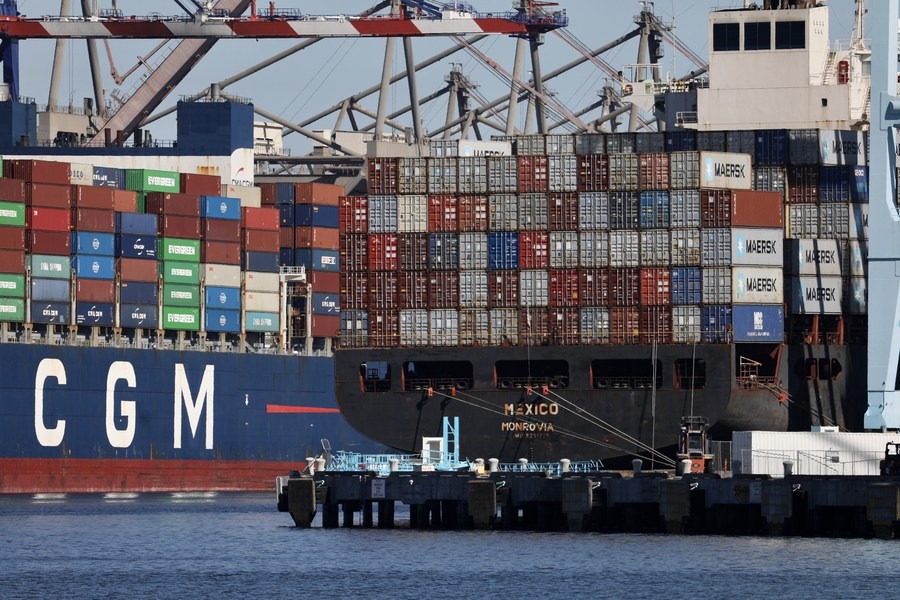Back to basics
COP28 should focus on tailoring climate policies to fit domestic needs and lowering the cost of capital

COP28 should focus on tailoring climate policies to fit domestic needs and lowering the cost of capital

The Paris Agreement rests on one major bet that countries will progressively ratchet up their climate ambition to limit global warming to under 1.5 C.
The hope was that with steadily declining technology costs, the right mix of policies and international climate finance, countries would develop stronger and stronger pledges and ultimately rise to the challenge and close the ambition gap.
The representatives of more than 190 countries have gathered in Dubai for the 28th Conference of the Parties to the United Nations Framework Convention on Climate Change (COP28), where the Global Stocktake — the first-ever assessment of how countries are meeting their climate pledges under the Paris Agreement — will be concluded. While technology costs have indeed come down over the past decade and more countries, companies and other institutions have made net-zero pledges beyond what was imaginable in 2015, the results are likely to show that the world is lagging behind in making meaningful progress toward limiting warming to 1.5C.
However, countries can course correct by better tailoring climate policies to fit their national contexts and by adopting an investment-driven approach to mobilize the resources necessary to achieve their climate commitments.
At COP28, countries need to revisit the fundamental ethos that made the Paris Agreement possible in the first place — a one-size climate policy will not fit all.
Take for example, carbon pricing, which curbs greenhouse gas emissions by placing a fee on emitting and/or offering an incentive for emitting less. Countries have sought to equalize carbon prices faced by domestic industries and international competitors. The most prominent example is the European Union's Carbon Border Adjustment Measure (CBAM). The intention behind the CBAM is to protect industries that are acutely sensitive to carbon pricing from imports that have not yet been subjected to a carbon price. While it may cocoon domestic industries, the CBAM actually has negative welfare implications for the EU's developing economy trading partners. For example, a study by the Task Force on Climate, Development and the International Monetary Fund found carbon-intensive exporters will face significant welfare losses under the EU CBAM, as high as 2.5 percent of GDP in the case of Mozambique.
To address this challenge of uncoordinated carbon pricing, researchers at the IMF have advanced the case for a globally coordinated carbon price floor that is graduated by income level. And while the IMF's proposal is an important step forward, a focus on direct carbon prices paints an incomplete picture of the suite of policy responses that governments have instituted. Many countries already use non-pricing policies as part of their climate policy toolkit. For example, rather than creating an explicit carbon tax, a government may decide to provide subsidies for renewable energy, or to require utilities to source their power from renewable energy. The outcome — lower emissions — will be achieved through a mechanism that doesn't rely on a carbon price.
The net consequence of uncoordinated carbon pricing that doesn't recognize domestic contexts is that the careful balance that was struck on equity across developed and developing countries in the Paris Agreement will be undermined. This will only serve to further erode the trust in the United Nations' climate process. It is hardly a surprise that Brazil, China, India and South Africa have asked for unilateral trade measures, such as carbon pricing, to be included on the agenda at COP28.
Most importantly, carbon pricing alone will not be sufficient to drive down emissions, especially in a manner that supports the structural transformation of developing economies. Despite enjoying widespread support from economists and international institutions, carbon prices have been too low and cover too few sectors to actually drive down emissions. Even if carbon prices were consistent with a net-zero pathway, countries that have long relied on taxing fossil fuels and exporting hydrocarbons would face major fiscal challenges. For example, the decline in hydrocarbon revenues will not be offset by a carbon price in most of Latin America's hydrocarbon exporters. Governments would need to make a concerted effort to diversify their economies and expand new areas of economic opportunity.
Rather, to finance the structural transformation of their economies, countries will need access to low-cost capital. At the recent annual meetings of the IMF and the World Bank, officials routinely stressed the higher-for-longer interest rate environment that they expect over the medium term. The implication of this cannot be understated. Renewable energy requires high investment upfront, but requires little investment to operate, making it acutely sensitive to costs of capital. Moreover, countries that have the least amount of renewable energy installed also are the poorest and face the highest costs of capital. Therefore, at precisely the time when countries should be scaling up renewable energy, the cost of capital dampens the ability of countries to scale up their investments.
What is more, the high cost of capital is contributing to unsustainable debt burdens. Debt distress has become a real and pressing concern, with 69 countries needing immediate debt relief, many of them highly climate vulnerable. For these countries to finance climate action at a meaningful level, debt relief and highly concessional finance will have to be an important part of the conversation.
Although the path to limiting warming to 1.5 C may be arduous, it is achievable. And with the help of tailor-made domestic climate policies and greater access to low-cost capital, developing countries can lead the way.
The author is the assistant director of the Global Economic Governance Initiative at the Boston University Global Development Policy Center and a noted climate finance expert. The author contributed this article to China Watch, a think tank powered by China Daily.
Contact the editor at editor@chinawatch.cn

































